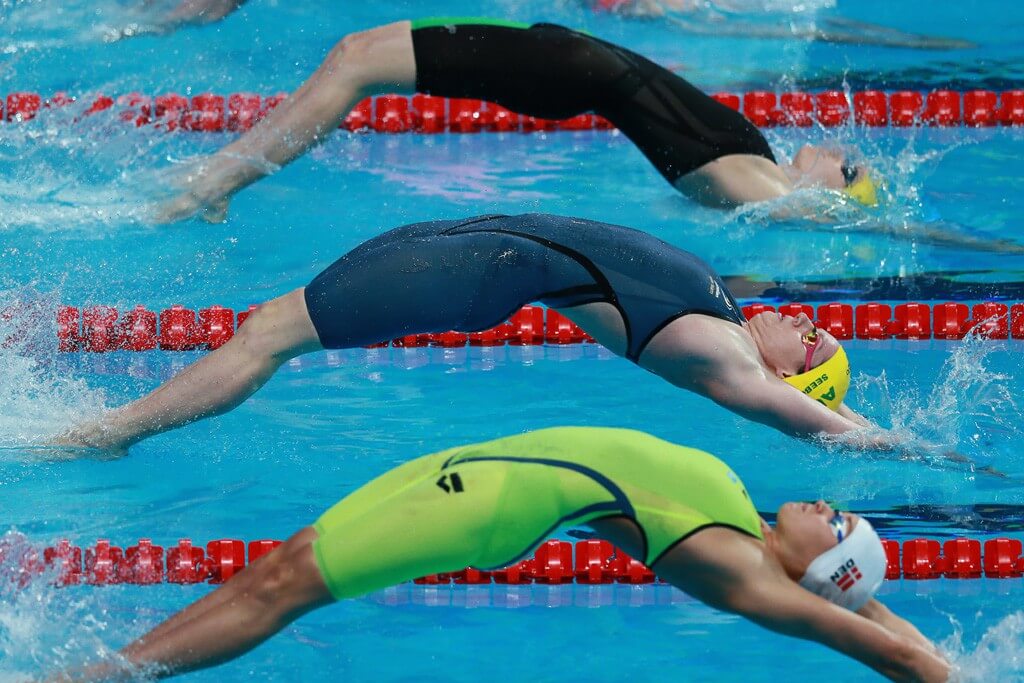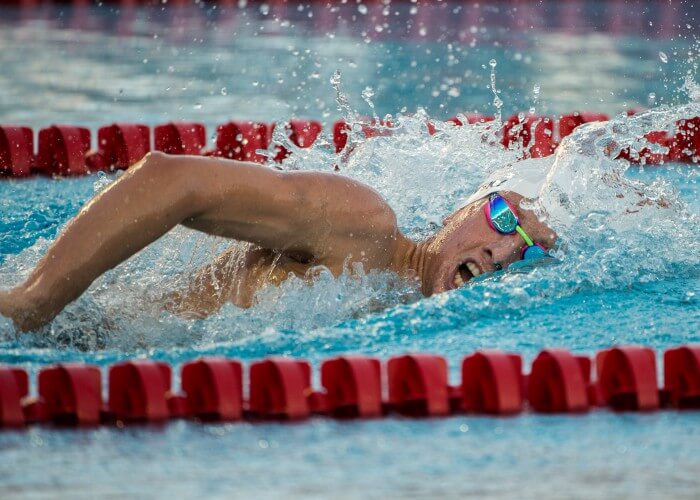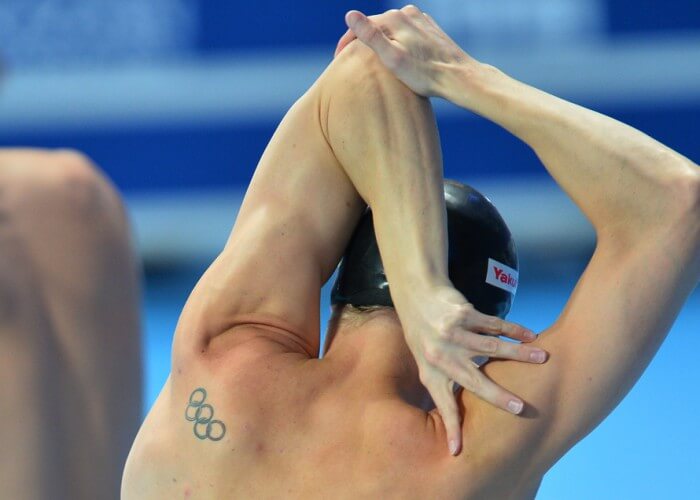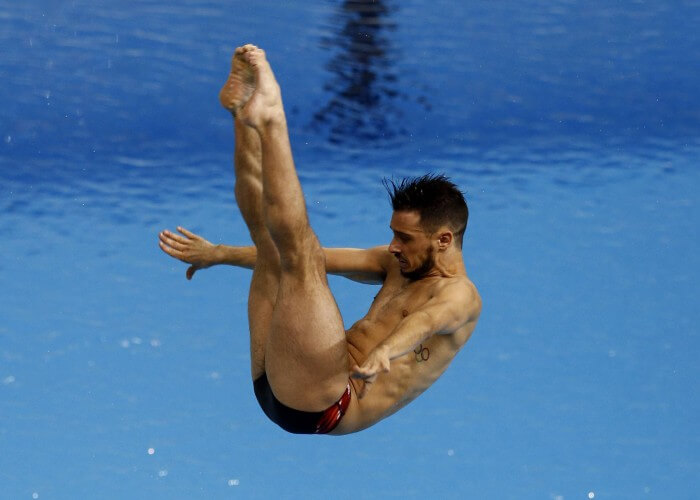Labor Day Weekend Swim Tip: 4 Ways to Thank Your Body for Its Hard Work

Labor Day Weekend Swim Tip: 4 Ways to Thank Your Body for Its Hard Work
By Molly Lloyd
As the saying goes, your body is a temple. So you should treat it like one, right? We work our bodies – our beautiful, chlorine-saturated bodies – in hopes of being the best swimmer or diver we can be. Our bodies have taken us to conference finals – or even Nationals. Our bodies have let us finally – finally – go sub 5:00 in the 500. Our bodies have ripped inward dives on 3-meter and made twists look easy. Our bodies have championed through pain and exhaustion. We push them to their limits and they have come out on top, but I don’t think we appreciate them as much as we should.
As athletes – most of us year-round athletes, I might add – we often take our bodies for granted. We think that if we exercise the right amount, eat the right kinds of food, and get adequate amounts of sleep, things should run smoothly and there should be no hiccups, no roadblocks within our sports. Unfortunately, this isn’t the case. No matter how hard we try, we tend to not eat right all the time or sleep as much as we’re supposed to. Unfortunately things go wrong. We take our bodies for granted and we’re never really consciously thankful for them until we’re sick, sleep deprived, or injured. It isn’t until our bodies aren’t working properly that we really appreciate all they can do for us on the boards, in the pool, and in the weight room.
When we’re tired, our immune systems are weak and we get sick. We can be susceptible to injury. Our bodies have been taking the brunt of the work we put in, but we all need to take a moment to be thankful for our bodies. Every day, we need to love ourselves, be kind to our bodies, and appreciate all that they can do for us.
So how can we do this? How do we treat our bodies right so we can avoid situations where we’re tired, sick, or injured?
1. Nap!
Napping is a great way to allow your body to rest and reenergize. If you need a quick pick-me-up in the middle of the day, there’s nothing wrong with closing your eyes and dozing off for 20…or 90…minutes. While you should still strive to get at least eight hours of sleep a night, we all know realistically this doesn’t happen, so naps are a perfect way to compensate.
2. Take a Break
Both your body and your mind deserve a break sometimes. If you’ve been doing homework for hours after practice, take some time for yourself. Take a walk, watch an episode of your favorite TV show, read a book, or have a conversation with a friend. Do something that makes you happy; you deserve it. If you allow both your mind and body to rest, even if it is for just half an hour, you’ll feel much better afterwards.
3. Stretch and Take Advantage of Warmups
When you’re not injured and feeling great, you want to do everything you can to make sure that continues. This means stretching and actually doing the warmup sets. Don’t go into practice cold; whether it’s swim practice or dive practice, you want your muscles warmed up and ready to go before you start pushing yourself harder. Nothing feels worse than hurting yourself and knowing that it would have been 100 percent preventable if you had just stretched a little more and had allowed your body to acclimate. Take care of yourself when you’re still healthy.
4. Listen to Your Body
We never want to listen to the little aches and pains of our bodies. We tell ourselves that that’s just part of the sport – we hurt and we get used to it. And part of that is true. Our bodies should hurt in the nice way that tells us we’ve been working hard – the problem arises when it begins to hurt because something is wrong. We never want to do it, but listen to your body. Make sure to ice whatever hurts after practice, and when the pain becomes concerning or off putting, don’t wait until it gets worse to tell your coach or the trainer. It’s frustrating not being able to compete, practice, or give it your all in the weight room; being injured and out of the water is terrible, but it’s better to be out for only a few days than for the rest of the season.
Our bodies can go incredible lengths to do incredible things for us and we all need to be appreciative of their abilities. This means treating them right when they’re healthy and taking extra good care of them when they’re injured and breaking down. Love your body, be kind to your body, and be thankful for your body every day – especially when it’s healthy.
Because as the saying goes, your body is a temple. So shouldn’t you treat it like one?
All commentaries are the opinion of the author and do not necessarily reflect the views of Swimming World Magazine nor its staff.







